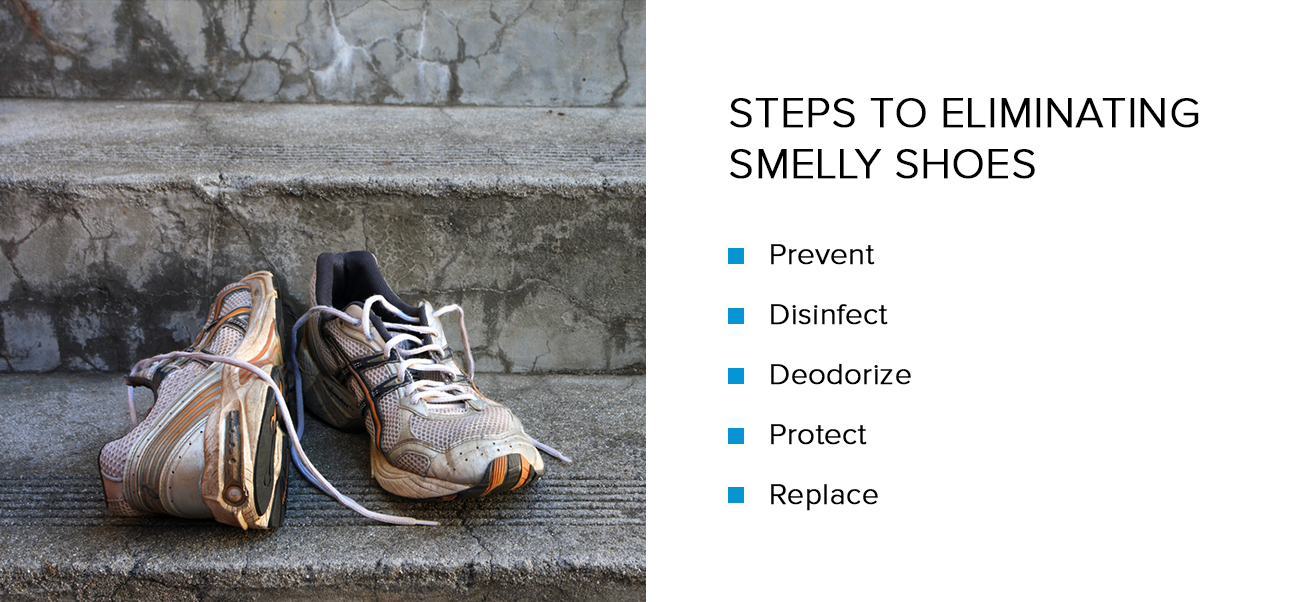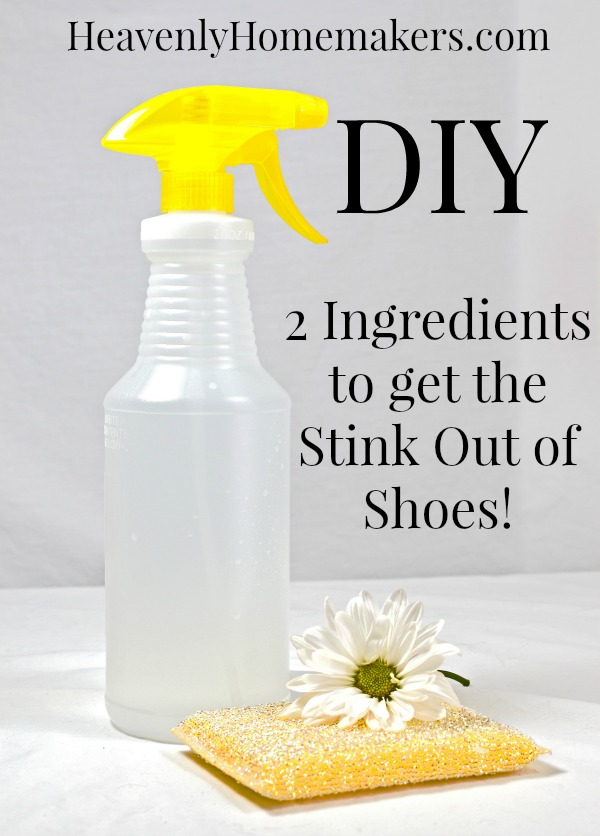Struggling with stinky shoes? This comprehensive guide offers diverse solutions and insights from shoe enthusiasts and professionals. Say goodbye to shoe odors today!
Understanding the Source of Shoe Odors
Before tackling how to get the smell out of shoes, it’s essential to understand why shoes develop odors in the first place. The primary culprit is bacteria, which thrive in warm, moist environments. When shoes are worn, sweat and moisture accumulate, creating the perfect breeding ground for these odor-causing microorganisms. In addition to bacteria, fungi and dead skin cells also contribute to unpleasant smells.
According to a study published in the Journal of Foot and Ankle Research, the typical shoe can harbor numerous microbial species, leading to an unsightly situation for footwear aficionados. Bacteria such as Staphylococcus, known for causing odors, proliferate in dark, humid spaces, including your favorite sneakers. Understanding this biological foundation allows us to apply targeted solutions for odor removal.
Immediate Solutions to Remove Shoe Odors
Let’s dive into the immediate and practical solutions for removing odors from shoes. From household items to specialized products, we’ve compiled effective suggestions.
1. Baking Soda: The Deodorizing Hero
Baking soda is a powerful odor neutralizer. Here’s how to use it effectively:
How to Use Baking Soda:
- Sprinkle a generous amount of baking soda directly into the shoes.
- Leave it overnight to absorb odors.
- Shake out the excess in the morning.
Many users report that this simple solution significantly reduces odors without damaging shoes.
2. Essential Oils: Nature’s Fragrance
Essential oils not only mask odors but can also kill bacteria. Oils like tea tree, lavender, or peppermint work wonders.
Application Method:
- Add a few drops of your preferred essential oil to a cotton ball.
- Place it inside the shoe and let it sit overnight.
- Remove the cotton ball in the morning.
Users have praised this method for its delightful scent and efficacy.
3. Commercial Products: Effective Solutions at Hand
There are numerous commercial products designed specifically for odor removal. Here are some popular choices:
| Product | Ingredients | Notes |
|---|---|---|
| Odor-Eaters Powder | Baking soda, Activated charcoal | Absorbs moisture and odors effectively. |
| Shoe Fresh Spray | Essential oils, Antimicrobials | Spray and wear immediately; fragrant and functional. |
| Dr. Scholl’s Odor-X | Powder with antifungal properties | Fights both odor and athlete’s foot. |
While commercial products can be effective, they often come with chemicals that some users prefer to avoid, which brings us to natural alternatives.

Long-Term Solutions for Preventing Shoe Odors
While the methods above provide immediate relief, adopting preventative measures is key to maintaining fresh footwear.
1. Regular Cleaning of Your Shoes
Regularly cleaning your shoes can drastically reduce odor buildup. Depending on the type of shoe, here’s a general guide:
- Sneakers: Machine wash or hand wash with soap and water. Air dry completely.
- Leather Shoes: Wipe down with a damp cloth and use mild soap if necessary. Condition afterward.
- Boots: Clean with a brush or cloth. Use specific cleaner for the material.
A study from the International Journal of Clothing Science and Technology emphasizes the importance of cleansing footwear to maintain hygiene and durability.

2. Use Moisture-Wicking Socks
The type of socks you wear can significantly influence the smell of your shoes. Opt for moisture-wicking fabrics such as Coolmax or Merino wool. These materials help draw moisture away from your feet, reducing sweat accumulation in your shoes. Users have shared that switching to moisture-wicking socks has minimized odors in their footwear dramatically.
3. Rotate Your Shoes
Wearing the same pair of shoes every day does not allow them to air out. Consider having multiple pairs and rotate them regularly. This practice allows each pair to dry completely, reducing moisture buildup. Plus, it’s a great way to diversify your style!

Case Studies: Real-World Experiences
Nothing beats real-world experiences when it comes to tackling everyday problems. Here are a few testimonials from shoe enthusiasts who conquered stubborn shoe odors.
Case Study 1: Jenna’s Running Shoes
Jenna, an avid runner, found her shoes unbearable after several months of heavy use. After trying various methods without success, she turned to baking soda. She noted, “After leaving baking soda in my shoes overnight for a week, I finally felt like I could wear my shoes without embarrassment!”

Case Study 2: David’s Work Boots
As a construction worker, David faced persistent odor issues with his steel-toe boots. Frustrated, he researched essential oils and began using tea tree oil-soaked cotton balls. He shared, “The smell transformed my boots from a nightmare to a pleasant scent—I can even tolerate taking them off at work now!”
Comparative Analysis: Natural vs. Commercial Solutions
Understanding the pros and cons of each solution can help you decide the best course of action for your shoes.
| Aspect | Natural Solutions | Commercial Solutions |
|---|---|---|
| Cost | Generally lower; household items | Varies; can be high |
| Effectiveness | Varies based on the method | Usually highly effective |
| Safety | Generally safer; no harsh chemicals | May contain chemicals; read labels |
| Ease of Use | Simple and straightforward | Convenient; ready-to-use |
Ultimately, the choice between natural and commercial solutions comes down to personal preference and specific needs.

FAQs About Removing Shoe Odors
1. Can I use vinegar to get the smell out of shoes?
Yes! Vinegar is another effective natural deodorizer. Mix equal parts of water and vinegar, spray inside your shoes, and let them air dry. However, be cautious with leather shoes, as vinegar can affect the finish.
2. How often should I clean my shoes?
It’s recommended to clean your shoes every few weeks, or more frequently if they are used in high-sweat situations, such as exercise or manual labor.

3. Are there any products I should avoid?
Avoid anything with strong chemicals if you have sensitive skin. Some commercial sprays can cause skin irritation—always check the ingredient label for allergens.
4. Why do my shoes still smell after cleaning?
If odors persist, it could be due to deep-seated bacteria or mold. It may require deeper cleaning, such as removing insoles or using a UV shoe sanitizer.

5. Can I dry my shoes in the dryer?
Drying shoes in the dryer is generally not advised, especially for leather. Air drying is the best method as it prevents damage and maintains the shape of your shoes.
6. What if my shoes are a unique material?
Different materials require specific care. Always check the care instructions for your shoes. For example, suede requires special cleaning products designed for its delicate fibers.
7. Is it possible to permanently remove shoe odors?
Completely eliminating odors is challenging, especially in older shoes. However, by following proper cleaning and preventive maintenance, you can keep odors at bay effectively.
8. Should I replace my insoles?
If you notice persistent odors, replacing insoles can be beneficial. Consider odor-resistant insoles that specifically combat moisture and bacteria.
9. How do I know when to replace my shoes?
If your shoes show visible wear, such as holes or a breakdown of the material, it might be time for a replacement. Persistent odors despite cleaning could also be a sign.
10. Can pets cause odors in shoes?
Absolutely! Pet dander and saliva can contribute to odors. Try to keep shoes out of reach or clean them regularly if your pets are prone to laying on them.
11. What precautions should I take to prevent odors?
Use moisture-wicking socks, rotate shoes, keep them clean, and store them in a dry, ventilated space to minimize odors.